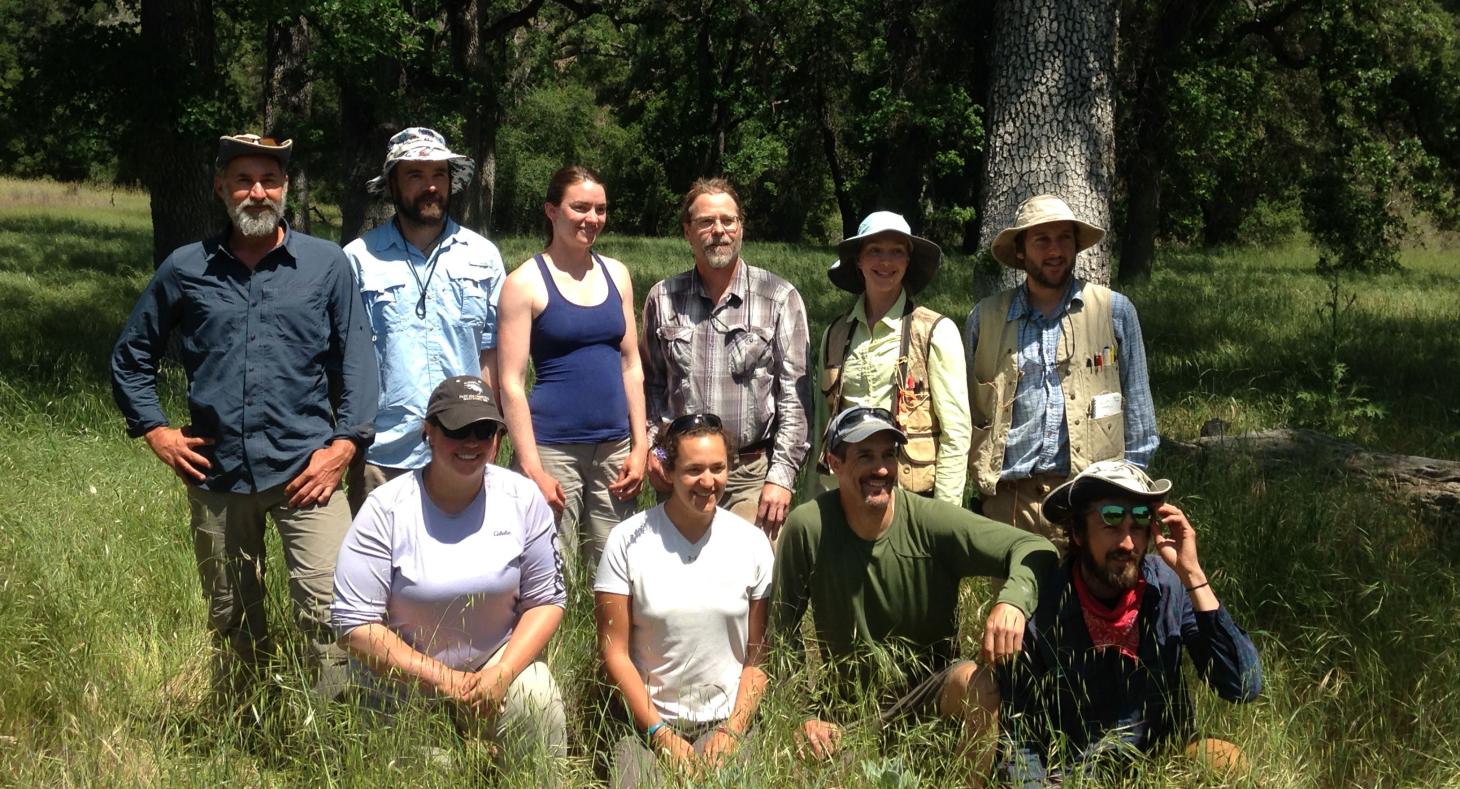Climate change is expected to alter temperature and precipitation patterns on military lands throughout the western U.S., and this will alter the timing, frequency, and magnitude of flood and drought events. These changes in streamflow regime will directly affect populations of aquatic organisms (fish, aquatic invertebrates, riparian vegetation) and indirectly affect stream-dependent birds, reptiles, and mammals, including federally threatened and endangered species and other at-risk species. Although climate models as drivers of hydrologic models are becoming increasingly sophisticated in their ability to enable forecasting changes in streamflow regime at small spatial scales (e.g., <144 km2), current species population models do not accommodate the non-stationary effects that shifting flow regimes can exert on population trajectories and viability. Thus, a critical gap remains between our ability to model how climate change will alter streamflow regimes and our ability to predict how these changes will impact management-sensitive aquatic and riparian organisms. The objective of this proposal is to fill this knowledge gap by designing, testing, and implementing flow-population models that integrate nonstationary flow regime dynamics with quantitative population models to forecast potential impacts on aquatic and riparian taxa.
Dave Lytle and his team received the SERDP Project of the Year Award
Dave Lytle and his team received the SERDP Project of the Year Award
